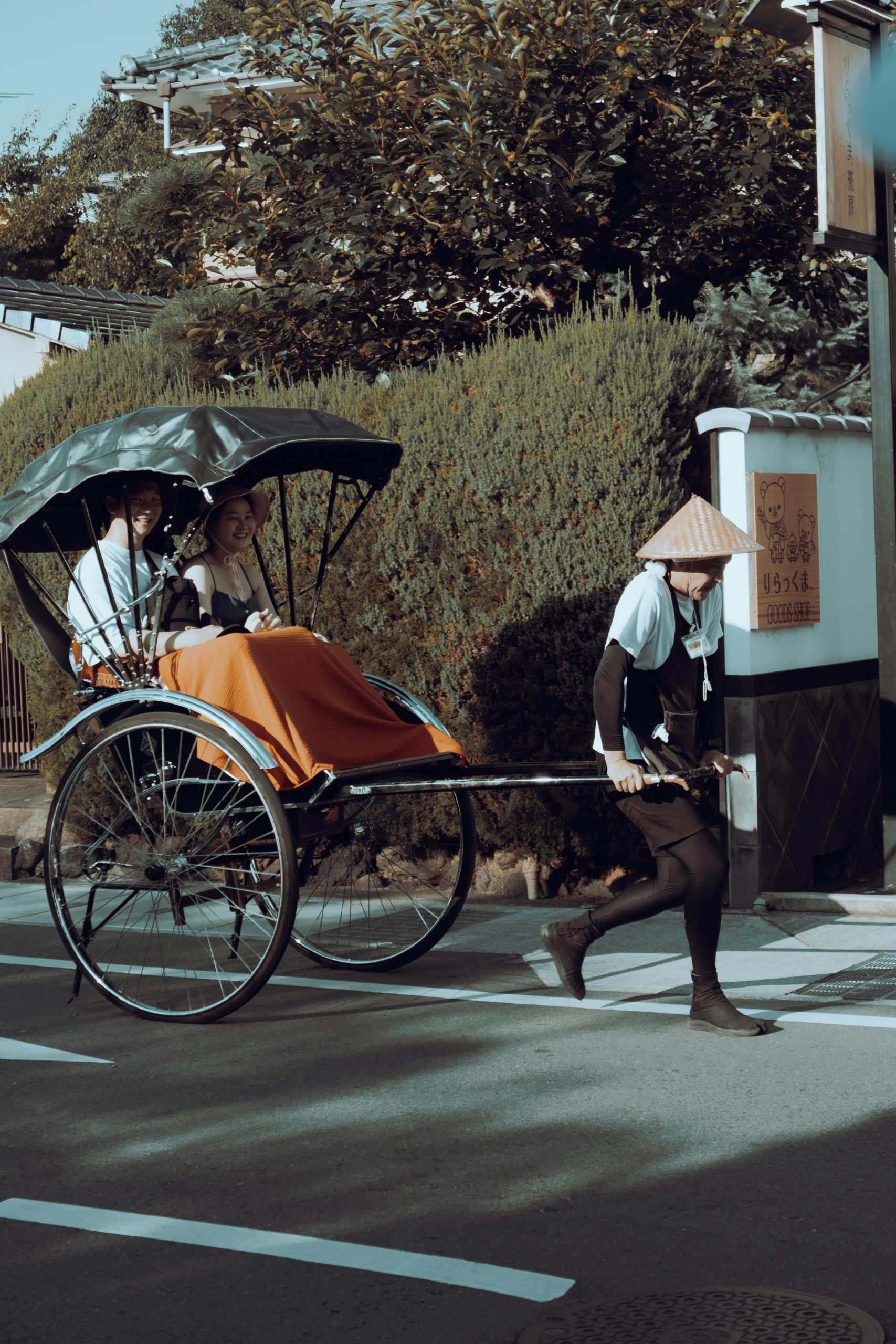Japan is a country where ancient traditions seamlessly blend with modern innovation, offering travelers a unique opportunity to immerse themselves in a rich cultural tapestry. From serene tea ceremonies to vibrant festivals, traditional Japanese culture is a captivating experience that leaves a lasting impression. This ultimate travel guide will help you explore the heart of Japan’s heritage, ensuring an unforgettable journey into its timeless customs and practices.
Exploring Historic Temples and Shrines
No visit to Japan is complete without stepping into its sacred spaces. Temples and shrines are the cornerstone of traditional Japanese culture, offering a glimpse into the country’s spiritual and historical roots.
Kyoto’s Golden Pavilion (Kinkaku-ji)
One of Japan’s most iconic landmarks, Kinkaku-ji is a Zen Buddhist temple covered in gold leaf, reflecting beautifully on its surrounding pond. The serene gardens and tranquil atmosphere make it a must-visit for anyone seeking a deeper connection with Japan’s spiritual heritage.
Fushimi Inari Shrine
Famous for its thousands of vermilion torii gates, Fushimi Inari Shrine in Kyoto is dedicated to Inari, the Shinto god of rice. Walking through the gates feels like stepping into another world, and the hike to the summit offers breathtaking views of Kyoto.
Meiji Shrine in Tokyo
Nestled in a lush forest in the heart of Tokyo, Meiji Shrine is a peaceful retreat from the city’s hustle and bustle. Visitors can witness traditional Shinto rituals, write wishes on ema (wooden plaques), or even attend a traditional Japanese wedding if they’re lucky.
Experiencing Traditional Japanese Arts
Japan’s artistic traditions are as diverse as they are beautiful. From delicate tea ceremonies to powerful kabuki performances, these art forms provide a window into the country’s soul.
Tea Ceremony (Sadō)
The Japanese tea ceremony is a choreographed ritual of preparing and serving matcha (powdered green tea). It embodies harmony, respect, purity, and tranquility. Many tea houses in Kyoto and Tokyo offer authentic experiences where you can participate in this meditative practice.
Kabuki Theater
Kabuki is a classical Japanese dance-drama known for its elaborate costumes and stylized performances. The Kabukiza Theatre in Tokyo is the best place to catch a show, with English audio guides available to help you follow the story.
Ikebana (Flower Arranging)
Ikebana, the art of Japanese flower arranging, emphasizes balance, harmony, and simplicity. Many cultural centers offer workshops where you can learn the basics of this elegant art form under the guidance of a master.
Indulging in Traditional Japanese Cuisine
Japanese food is a celebration of flavors, textures, and seasonal ingredients. Traditional dishes are not just meals but an integral part of the culture.
Kaiseki Ryōri
Kaiseki is a multi-course dining experience that highlights seasonal ingredients and meticulous presentation. Often served at ryokan (traditional inns), this haute cuisine is a feast for both the eyes and the palate.
Sushi and Sashimi
For the freshest sushi and sashimi, visit Tsukiji Outer Market in Tokyo or Nishiki Market in Kyoto. These bustling markets offer a chance to savor Japan’s seafood traditions at their finest.
Wagashi (Traditional Sweets)
Wagashi are traditional Japanese confections often served with tea. Made from ingredients like red bean paste, mochi, and matcha, these sweets are as beautiful as they are delicious. Try them at a tea house or specialty shop.
Staying in a Ryokan
For the ultimate immersion into traditional Japanese culture, spend a night in a ryokan. These traditional inns offer a glimpse into Japan’s hospitality and way of life.
Onsen (Hot Springs)
Many ryokan feature onsen, natural hot springs believed to have healing properties. Soaking in an onsen is a relaxing ritual, but remember to follow etiquette—wash thoroughly before entering and avoid tattoos if they’re not allowed.
Tatami Rooms and Futons
Ryokan rooms are typically furnished with tatami (woven straw) mats and futons. The minimalist design fosters a sense of peace and connection to nature, often complemented by sliding paper doors (shoji) and small gardens.
Yukata and Kaiseki Dinner
Guests are provided with yukata (light cotton robes) to wear during their stay. A kaiseki dinner served in your room completes the experience, offering a taste of Japan’s culinary artistry.
Participating in Seasonal Festivals (Matsuri)
Japanese festivals are vibrant celebrations of tradition, community, and seasonal changes. Each festival has its own unique customs and energy.
Gion Matsuri (Kyoto)
Held in July, Gion Matsuri is one of Japan’s most famous festivals. The highlight is the grand procession of ornate floats (yamaboko) through Kyoto’s streets, accompanied by traditional music and performances.
Nebuta Matsuri (Aomori)
This August festival features massive illuminated paper floats depicting mythical figures. The lively parades and energetic dancers create an unforgettable spectacle.
Sapporo Snow Festival
For a winter experience, the Sapporo Snow Festival showcases breathtaking ice sculptures and snow statues. Held in February, it’s a magical celebration of Japan’s snowy season.
Immersing yourself in traditional Japanese culture is a journey of discovery, where every experience—from a quiet temple visit to a lively festival—reveals a deeper layer of this fascinating country. Whether you’re sipping matcha in Kyoto, soaking in an onsen, or marveling at kabuki theater, Japan’s traditions will leave you with memories to cherish for a lifetime. Pack your bags, open your mind, and prepare to step into a world where the past and present coexist in perfect harmony.
